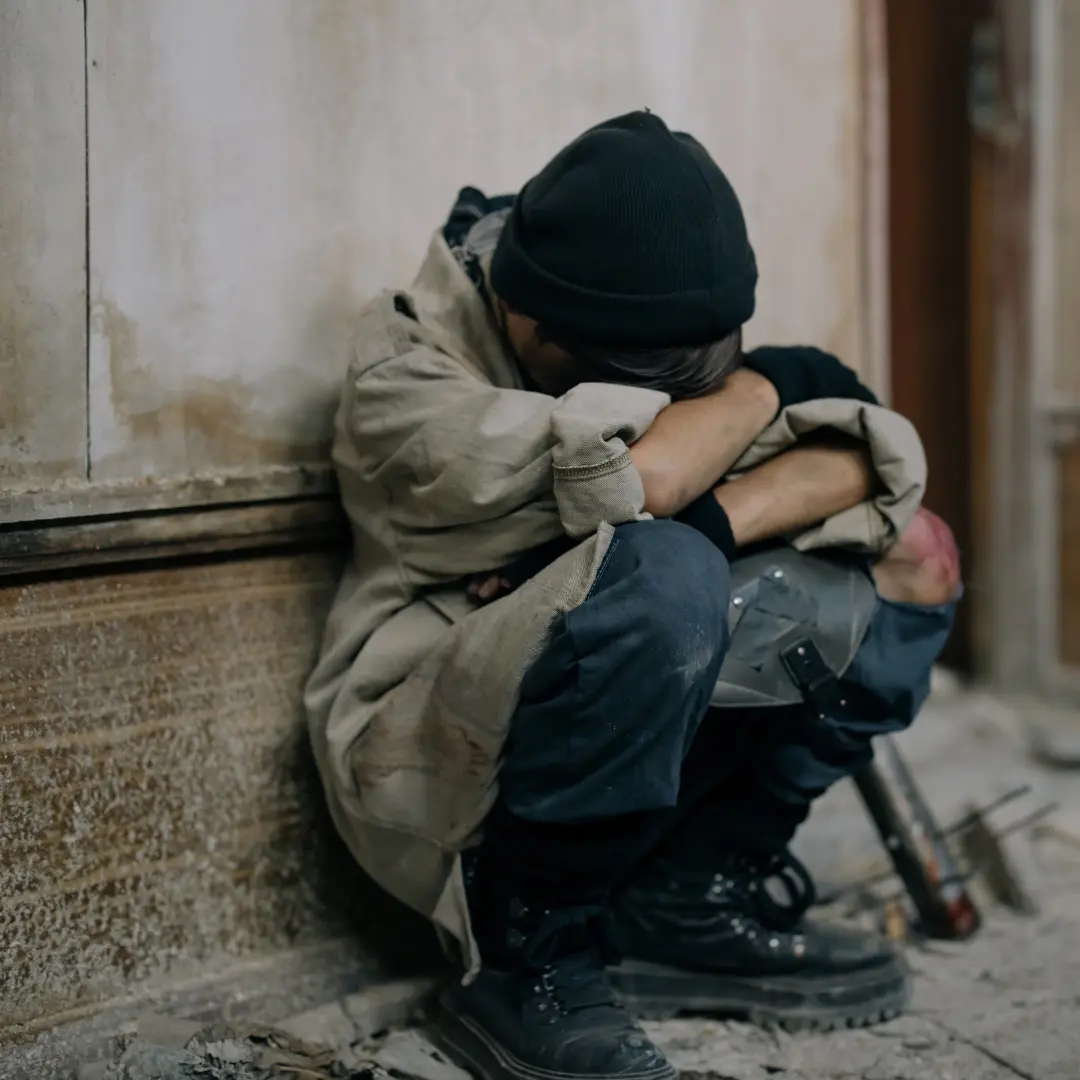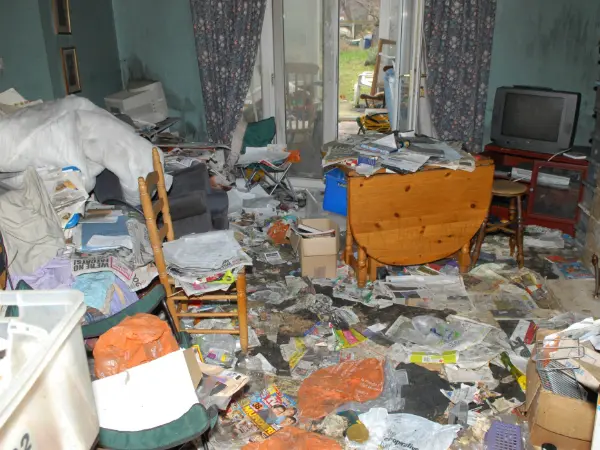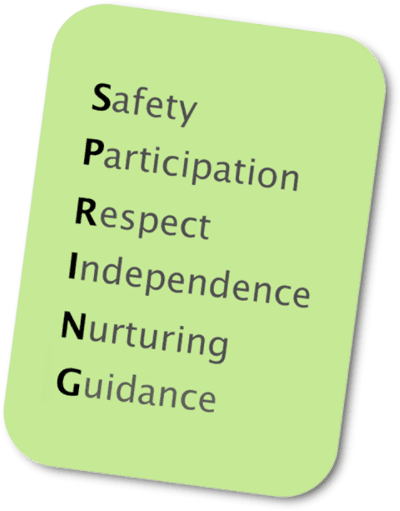Child neglect is a serious issue that involves the failure of a parent, guardian, or other caregiver to provide for a child’s basic needs. It is a major issue that requires community awareness, and sometimes intervention by healthcare and/or emergency services to ensure the well-being of children. If you’re dealing with or have knowledge of a situation involving child neglect, seeking help from professionals is crucial – not only for the direct benefit of the child involved, but also for broader societal health and well-being and to effectively address and mitigate its impacts.
The Basic Needs of Children
All children need their basic needs met in order to thrive throughout childhood and eventually adulthood. When a child’s social, emotional, and physical needs are met, they’re given a sure foundation on which to experience a happy childhood and achieve their full potential. The basic needs for a child to properly develop and thrive include:
- Physical: Adequate food, clothing, shelter, and medical care.
- Emotional: Love, affection, and attention necessary for healthy psychological development.
- Educational: Ensuring the child has access to education.
- Safety: Protecting the child from harm, whether intentional or due to negligence.

The Types of Child Neglect
Neglect can come in various ways, which can make it hard to spot. But broadly speaking, there are 4 types of neglect. The types of child neglect are listed as follows:
- Physical Neglect: Not providing basic necessities like food, shelter, or medical care.
- Educational Neglect: Failing to enrol a child in school or ignoring educational needs.
- Emotional Neglect: Lack of emotional support, love, and nurturing; ignoring the child’s emotional needs or psychological well-being.
- Medical Neglect: Failing to provide necessary medical healthcare, dental care, and refusing or ignoring medical suggestions and recommendations.
Signs of Child Neglect
If multiple signs last for a while, this might show there’s a serious problem. Children and young people who are neglected might have:
- Chronic hunger, malnutrition, or untreated illnesses.
- Frequent absences from school or falling behind academically.
- Not being given money for food.
- Emotional indicators like low self-esteem, difficulty forming attachments, or behavioral issues.
- Living in an unsuitable home environment.
- Change in behaviour: being clingy, being aggressive, self-harm, difficulty in concentrating or participating in activities

Consequences of Child Neglect
Neglect can lead to both immediate and long-term effects on a child’s health and development. The consequences of child neglect can be dire.
Neglect of a child can lead to the following problems:
- Physical health problems
- Emotional and psychological issues like depression, anxiety, or attachment disorders
- Poor academic performance
- Increased risk of substance abuse or engaging in criminal behavior later in life
Prevention and Support
Early prevention and support for those affected by child neglect is crucial. Any child can suffer neglect. But some children and young people are more at risk than others. These include children who:
- are born prematurely
- have a disability
- have complex health needs
- are in care
- are seeking asylum.
Other problems and life circumstances can make it harder for parents and carers to meet their child’s needs. When one or more of these issues occur, it can put a child at risk of neglect. Early intervention and prevention can help reduce the risk of neglect.
The preventative measures that can reduce the risk of neglect of child occurring includes:
- Education for parents on child care and development.
- Community support systems like parenting classes, support groups, and home visiting programs e.g. HomeStart: (www.home-start.org.uk)
- Early intervention by social services when signs of neglect are detected.
Reporting Child Neglect
If you are concerned about a child’s welfare and suspect neglect, you can use the following resources:
- Contact your local children’s social services.
- The NSPCC (National Society for the Prevention of Cruelty to Children): www.nspcc.org.uk / 0808 800 5000
- Childline: www.childline.co.uk / 0800 1111
- Action For Children: www.actionforchildren.co.uk
- Save The Children: www.savethechildren.net
- If the child is in immediate danger, contact emergency services by dialling 999.
Written by Alice Okunowo

